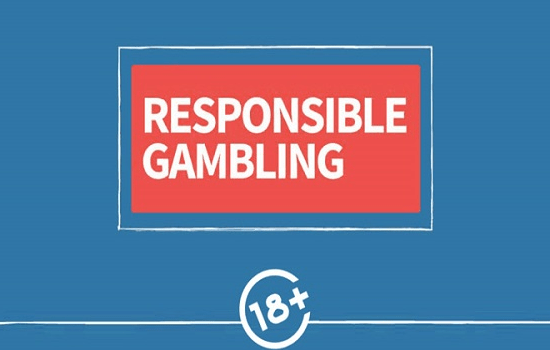A Comprehensive Guide for Safer and Enjoyable Gaming
Responsible gambling is a fundamental concept that emphasizes a balanced, safe, and enjoyable gaming experience within the online gambling realm. It involves acknowledging the potential risks associated with gambling and implementing strategies to ensure that gaming remains an entertaining activity without causing harm to individuals or their surroundings.
Defining Responsible Gambling
Responsible gambling refers to a set of principles and practices that aim to promote a healthy and sustainable gaming environment. It involves understanding the risks, maintaining control, and making informed decisions while partaking in gambling activities. The key elements of responsible gambling include:
1. Awareness:
Recognizing and understanding the potential risks associated with gambling. Being aware of the possibility of addiction, financial losses, and the impact on mental health.
2. Self-Control:
Exercising control over one's gambling habits by setting limits on time and money spent on gambling activities.
3. Informed Decision-Making:
Making informed and rational decisions about gambling by understanding the odds, setting realistic expectations, and recognizing the difference between chance and skill-based games.
Principles of Responsible Gambling
1. Set Limits and Stick to Them:
Establish personal gambling limits, including time and money spent, and adhere to them strictly. Set a budget and avoid chasing losses.
2. Balance Gambling and Other Activities:
Maintain a balance between gambling and other aspects of life, such as work, family, and social activities. Avoid excessive gambling that interferes with daily responsibilities.
3. Recognize Warning Signs:
Be mindful of warning signs of problematic gambling behavior, such as chasing losses, neglecting obligations, or experiencing distress due to gambling.
4. Access Support and Resources:
Be aware of available support services and resources for responsible gambling, such as helplines, counseling, and self-exclusion programs.
Tips for Practicing Responsible Gambling
1. Establish a Budget:
Set a gambling budget and avoid exceeding it. Allocate only what you can afford to lose without impacting essential expenses.
2. Manage Time and Sessions:
Control the time spent gambling by setting specific limits on how long you play. Take regular breaks to prevent prolonged and excessive sessions.
3. Avoid Chasing Losses:
Accept that losses are part of gambling. Avoid chasing losses in an attempt to recover money, as this often leads to further losses.
4. Play for Entertainment:
View gambling as a form of entertainment rather than a means to make money. Treat wins as a bonus rather than a primary income source.
5. Use Self-Exclusion Tools:
Utilize self-exclusion tools provided by casinos if you feel your gambling habits are becoming problematic. Self-exclusion allows individuals to restrict their access to gambling platforms for a specific period.
6. Seek Help if Needed:
If you believe your gambling is becoming problematic or causing distress, seek assistance. Professional help, support groups, or counseling services can aid in managing gambling-related issues.
Conclusion:
Responsible gambling is a fundamental component in ensuring a safe and enjoyable gaming experience. It involves being aware of potential risks, establishing boundaries, and seeking support when necessary. By implementing responsible gambling practices and staying informed about available resources, individuals can maintain control and enjoy the entertainment aspect of gambling while mitigating any potential harm.
A commitment to responsible gambling not only safeguards individuals from the adverse effects of excessive gambling but also contributes to fostering a healthier and more sustainable gambling environment for all participants.
























